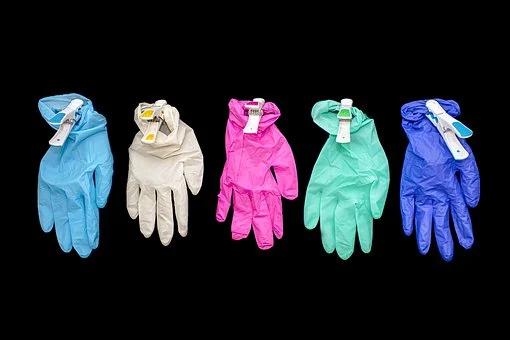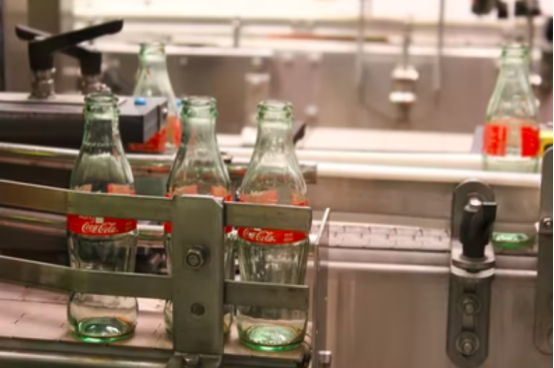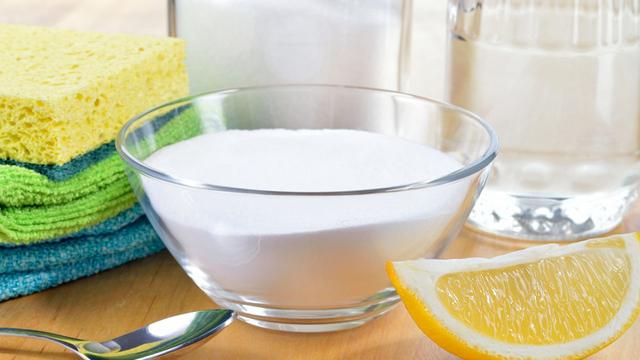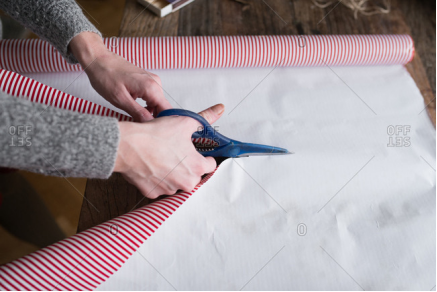The best ways to stay hydrated when fasting for Ramadan 2022
With Ramadan predicted to begin on April 2, millions of people around the world are preparing to begin a month of fasting.
Staying hydrated is one of the main considerations for people who are fasting, as ensuring we drink enough water is vital for proper nutritional function.
About 60 to 70 per cent of the human body is made up of water, which carries oxygen and vital nutrients to our cells. Among other things, this also helps to regulate body temperature, which is important for those living in hot climates such as the UAE.
“Staying hydrated during Ramadan can be tricky, especially with the long days and soaring temperatures that accompany the holy month when it falls during the summer,” says Dr Thamir Alkasab, a specialist in urology at Al Zahra Hospital Dubai.
We all lose water throughout the day through breathing, sweating and going to the bathroom, and not replacing those fluids can lead to dehydration, which presents a challenge during Ramadan. However, there are steps you can take to mitigate the loss.
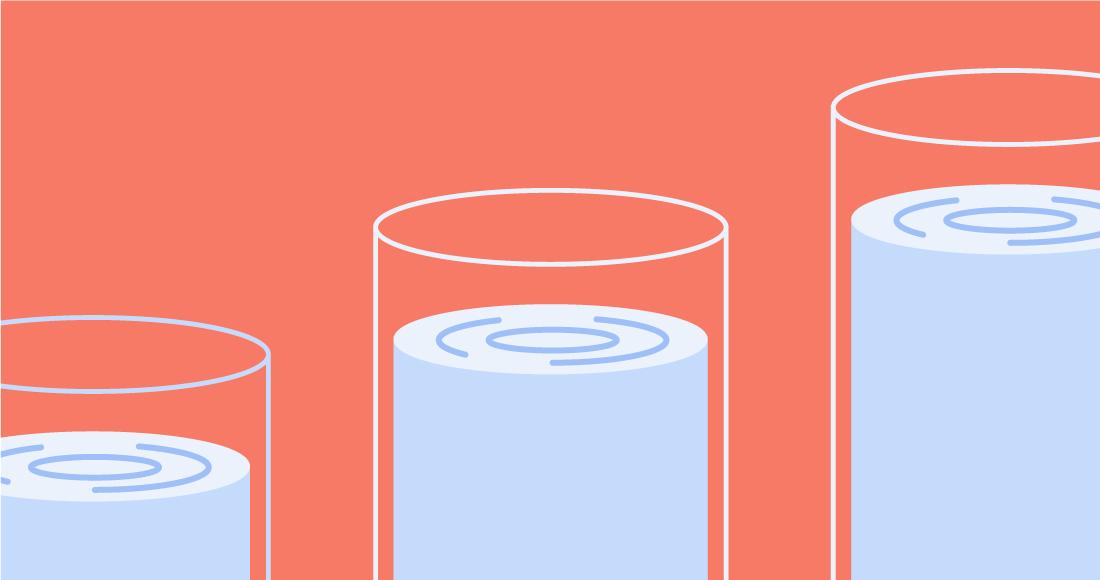
“You can guard against dehydration in two ways: firstly, by taking fluids on board before dawn and after sunset, and secondly, by limiting the amount of water that you lose during the day,” says Alkasab.
“Outside of fasting times, drink plenty of water in frequent sips. Water hydrates the body better than fizzy drinks and fruit juices. Don’t drink very large amounts of water in one go, as your body won’t be able to absorb it all. Remember that foods with high water content like watermelon, grapes, apples, cucumbers and celery will also help to keep you hydrated. Dairy products such as milk and yoghurt also contain lots of water. Avoid drinking coffee, tea and soft drinks that contain caffeine, as these will make you go to the toilet more often and cause dehydration,” he says.
Being outside in warm temperatures will lead to a further loss of fluids through sweating and faster breathing, Alkasab says, so it is better for hydration levels to opt for a lighter form of exercise, such as walking or cycling at cooler times of the day.
“Just because you’re not thirsty doesn’t mean you’re not dehydrated,” he says. “Look out for warning signs such as yellow urine, reduced frequency or volume of urine and feeling faint or dizzy. Brown urine is a sign you are severely dehydrated and you should seek medical help.”
Read moreAre you ready for Ramadan? Seven ways to prepare for the holy monthAlkasab also offers advice for those with children who might be fasting for the first time this Ramadan. "Make sure they drink lots of fluids, especially water, after breaking their fast and until they go to sleep – on average, children aged 9 to 13 need two litres of water during the day, while older kids, especially boys, need around 2.5 litres, to stay properly hydrated."
He also says that sugary foods should be kept to a minimum, as they can lead to children feeling very thirsty the next day, while eating wholegrains, dried fruits and foods high in fibre will help them with essential bathroom visits.
Encouraging children to wash their face and neck throughout the day will keep them cool and avoid excess sweating, Alkasab says, and suggests limiting exercise or outdoor play at the hottest points of the day.
A version of this story first appeared on The National in May 2020

